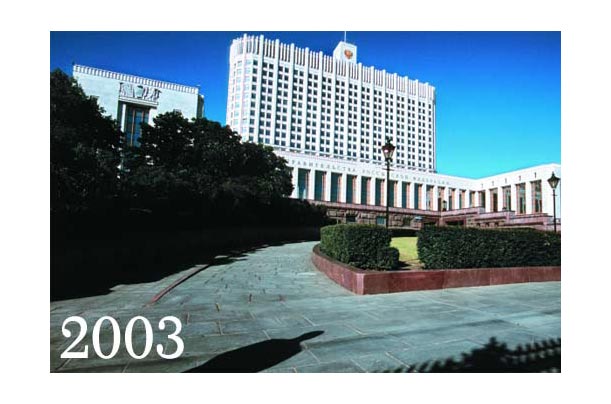
The White House: Today, Russia is a prosperous, powerful and unified country
It was a year of violence and foreboding in Russia. Soviet President Mikhail Gorbachev’s reforms had slowed, and resistance to his policy of perestroika was growing. Then early in the morning of Aug. 19, tanks appeared on the streets of Moscow, and top Communist Party leaders declared a state of emergency. Gorbachev, on vacation in the Crimea, claims he was cut off from the outside world by the coup plotters. President of the Russian Republic Boris Yeltsin had to act. Clutching an Appeal to the Russian People, Yeltsin horrified his aides by striding out toward the tanks surrounding his office. He climbed on top of one and denounced the coup. The putsch leaders had not expected opposition and lost their nerve. Within two days their attempt to seize power had collapsed. Yeltsin swiftly dismantled the KGB and other key Soviet institutions. Power swung dramatically from Gorbachev to Yeltsin, and by the end of the year the Soviet Union had ceased to exist.